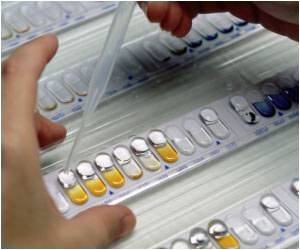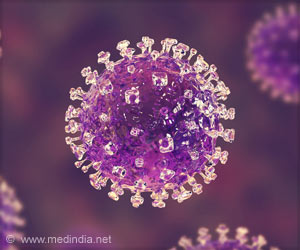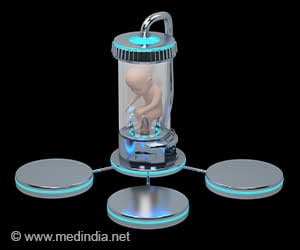
‘French medical agency reports that the causalities caused by the fatal clinical trial were because of the toxicity of the experimental drug.’
Tweet it Now
Six volunteers were hospitalized after taking part in the trial, one of them was killed and four suffered brain damage. "The most credible hypothesis is that the molecule itself was toxic," said the report ordered by French medical agency ANSM.
Lead author Bernard Begaud said the rules "generally seem to have been respected" in the trial run by Portuguese pharmaceutical firm Bial, even if "common sense" appeared to have been neglected.
The trial was testing a compound less efficient than another already on the market, and "no more effective than several others from the same family that had already been abandoned because they were ineffective," Begaud told AFP.
"The first recommendation is that at a minimum, it should be ensured that the medication has the chance of serving some purpose."
Advertisement
The compound, BIA 10-2474, is part of a family of FAAH-enzyme inhibitors that can have an impact on pain and anxiety by boosting the endocannabinoid system involved in appetite control, pain sensation, mood and memory.
Advertisement
Their report added that "a likely gradual accumulation in the brain" would explain "why the accident only occurred on the fifth day of the administration of a dose of 50 milligrams and not in the volunteers who had received a single dose that was twice as strong."
They urged a tougher selection process for volunteers when testing drugs on humans for the first time.
The dead man had previously suffered a head injury and another of the victims had hypertension, ailments that should have ruled them out, the report said.
"The seriousness of the accident at Rennes justifies changes to the regulations and international best practice," it said.
A total of 108 volunteers took part in the study. Ninety received the drug at varying doses, and the rest were given a placebo. Those hospitalized had received the highest dose.
Source-AFP












